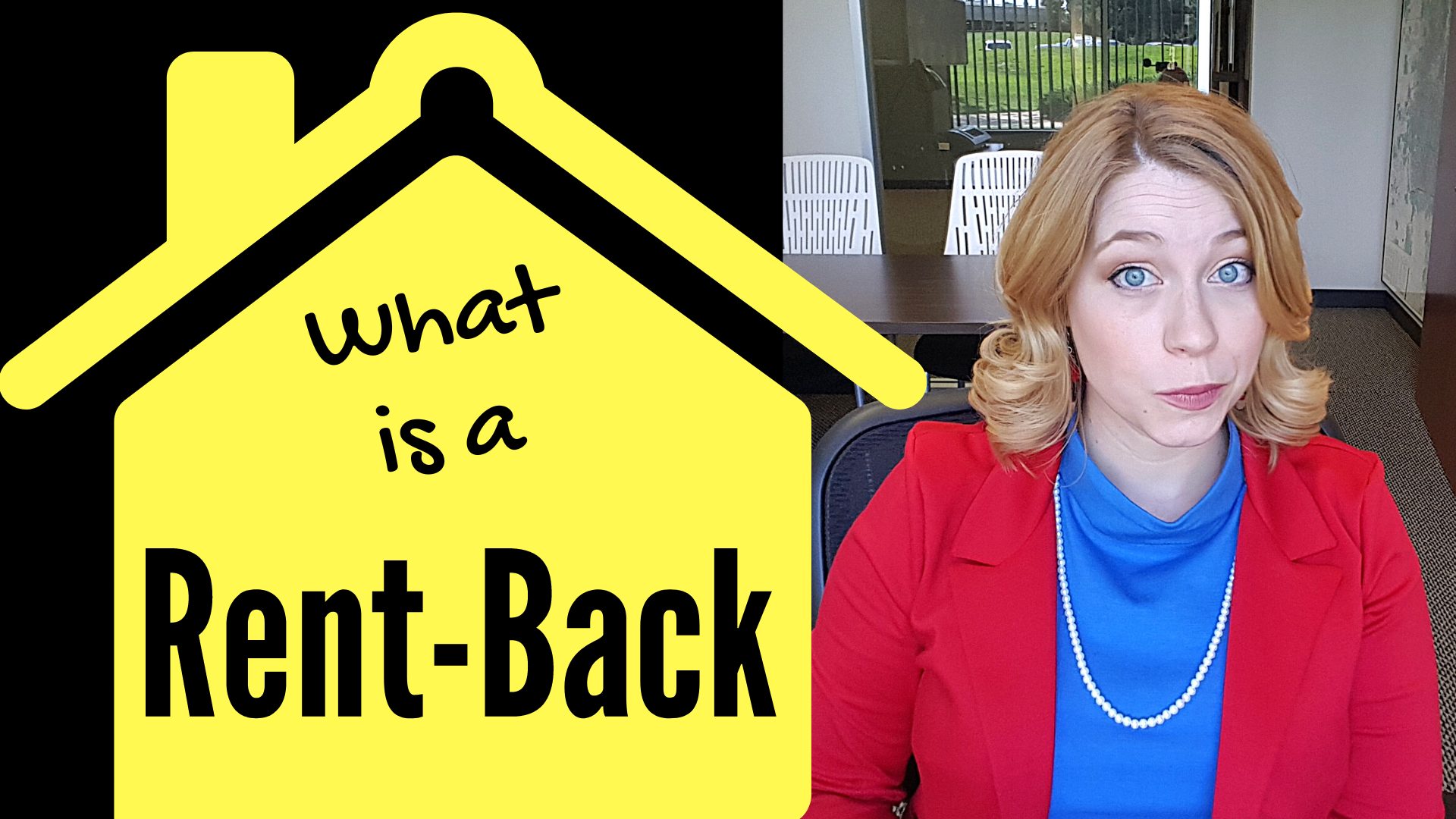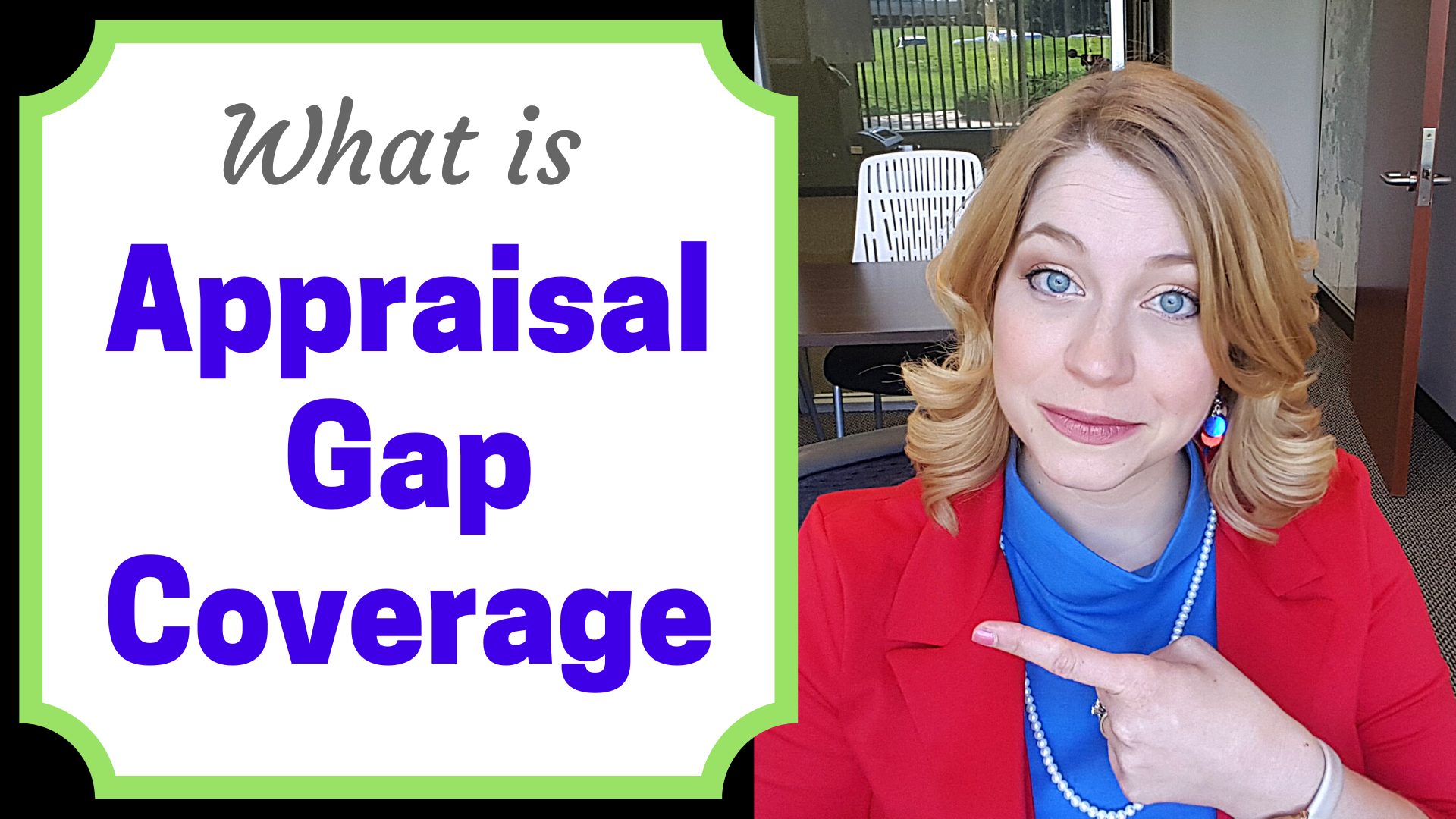Today, I want to tackle a question that comes up often, especially in our fast-paced market: What exactly is a Rent Back or a Lease Back?
This concept becomes crucial for those contemplating selling their homes and worrying about the challenges of finding a new one swiftly, ideally with less stress and a single move. Let’s break down the seller rent-back process and how it can facilitate a single move, allowing you to sell your current home, close the deal, and then seamlessly move into a new one. If you prefer a video explanation, check out my detailed video:
1. Seller Rent-Back Basics
In a nutshell, a seller rent-back, also known as a lease back, is an agreement that allows the seller to remain in their home for a specified period after closing. They RENT it back from the new owner based on agreed price and terms. This arrangement is especially beneficial in a market where finding a new home promptly might pose a challenge. Sellers can close on their current home, pay off the loan, and then take the time to locate and purchase a new home, all with the convenience of a single move.
2. Duration of Rent-Back
The duration of the rent-back period can vary. It might be as short as a couple of days or extend to 30, 60 days, or more. It ultimately depends on the agreement between the seller and the buyer. It’s important to note that most lenders, in the case of a purchase followed by a rent-back, will typically require the new owner to take possession within 60 days of Closing. However, if the transaction involves cash or alternative arrangements, this timeline can certainly be more flexible.
3. Post-Closing Occupancy Agreement in Colorado
In Colorado, we use a Post-Closing Occupancy Agreement to formalize the rent-back arrangement. Your agent can assist you with this short-term lease agreement, specifically designed to cover the period of up to 60 days. If the rent-back extends beyond this timeframe, alternative lease agreements or negotiations with the new buyer may be necessary.
4. Using this as a Competitive Offer Strategy
Something I tell all of my buyers, especially in a bidding situation or a competitive market, is the best thing you can do for a seller is give them time. It’s not always about price, it’s about extra time in an already stressful situation. Very often for buyer clients, I will suggest we consider the sellers’ timeline as much as possible in our offer, and we will VERY often get our offer accepted, over others offering much higher prices, just because we gave the seller some time and didn’t force them to move twice!
Navigating the Process
Understanding the basics of seller rent-backs is crucial when navigating the intricacies of the real estate market in the South Denver Metro area. Whether you’re a seller looking for breathing room to find a new home or a buyer aiming to stand out in a competitive market, the rent-back option can be a game-changer.
Book Your Consultation
If you’re considering selling or buying a home and want more personalized guidance on seller rent-backs or any real estate-related questions, book a consultation with me at Calendly/RealtorStacie or give me a call at 720-295-9089. I’m here to make your real estate journey smoother and stress-free.
A seller rent-back or post-closing occupancy agreement is a valuable tool in the real estate toolkit, providing flexibility and convenience for both sellers and buyers. If you found this information helpful, reach out if you have any questions, and let me know how I can help your move be as smooth as possible.

 Facebook
Facebook
 X
X
 Pinterest
Pinterest
 Copy Link
Copy Link








![Should I Rent or Should I Buy? [INFOGRAPHIC] | MyKCM](https://files.mykcm.com/2022/07/14124050/20220715-MEM-1046x2129.png)